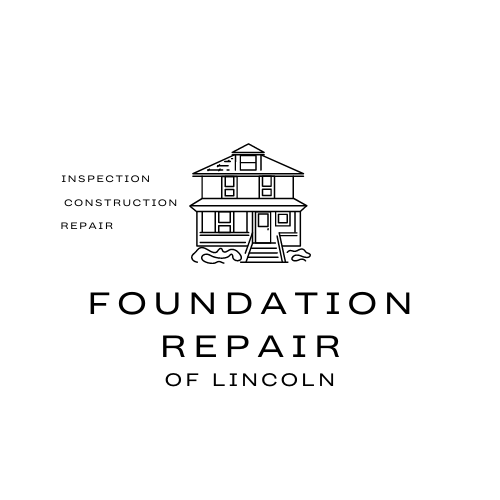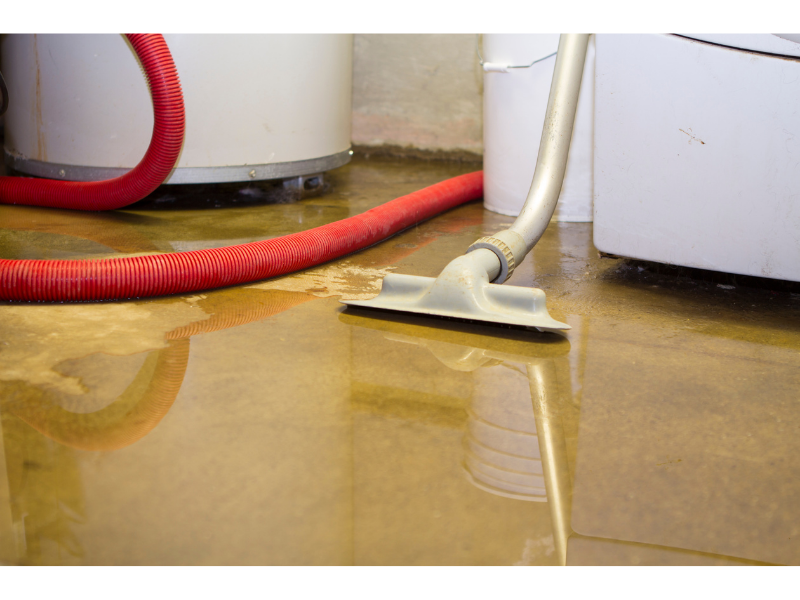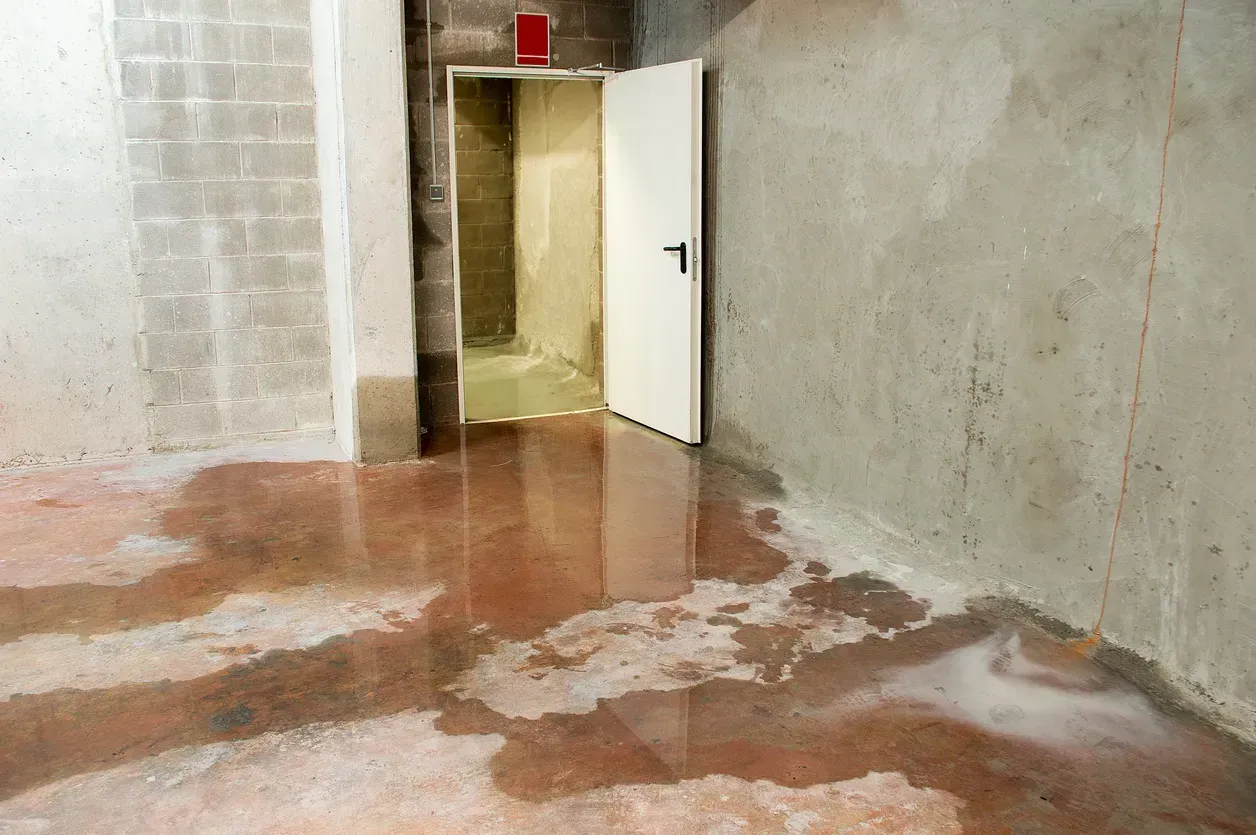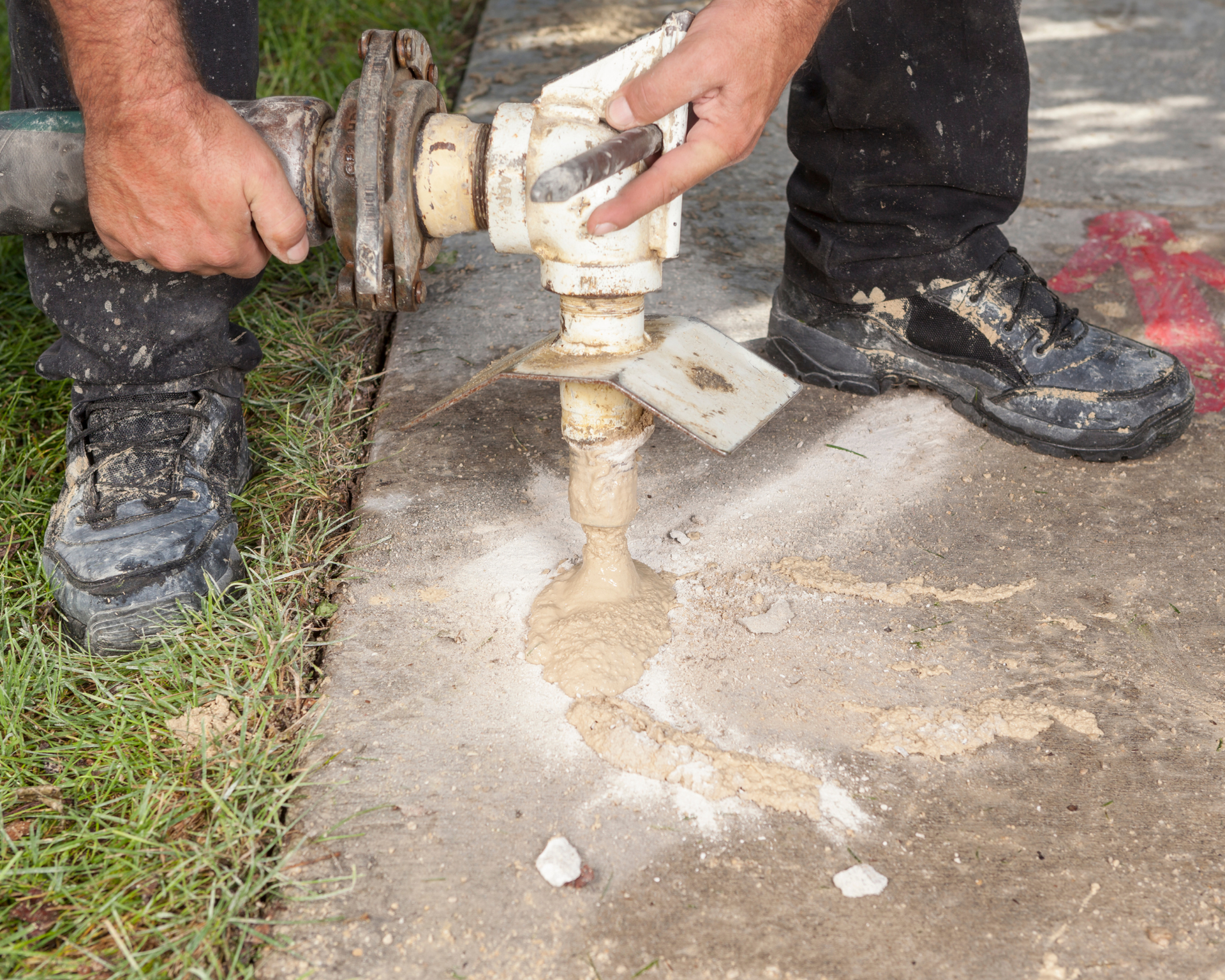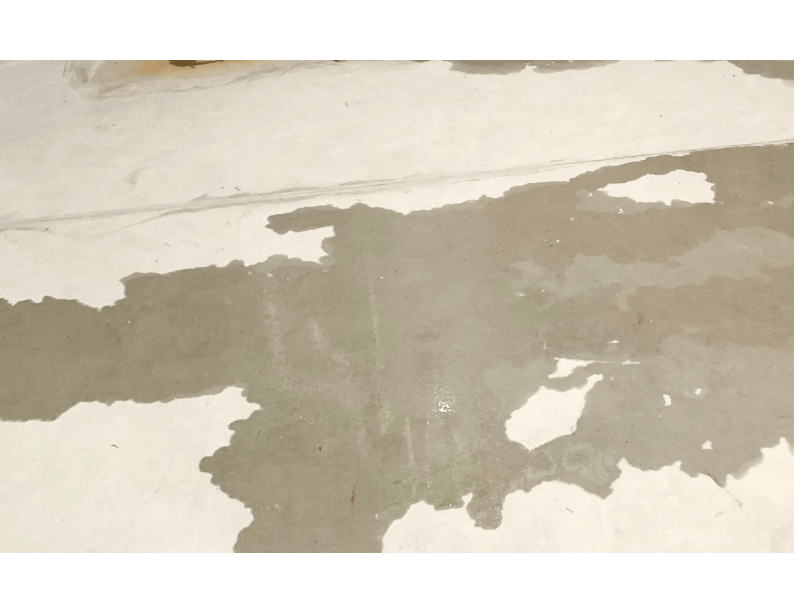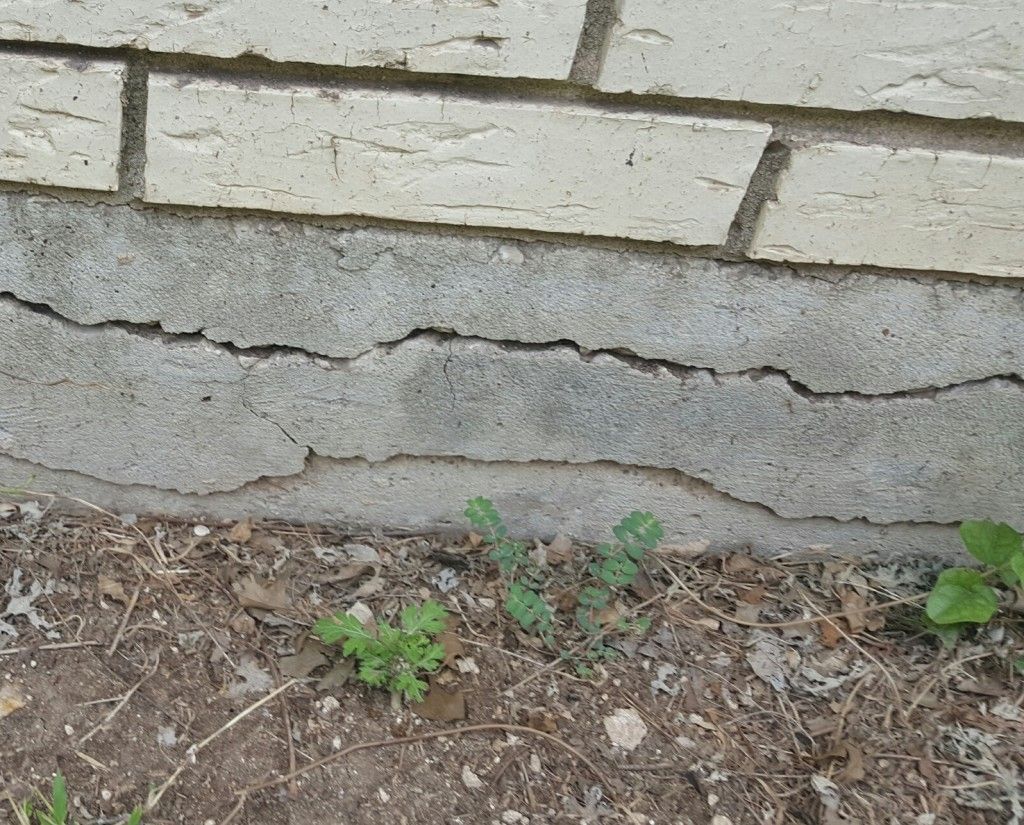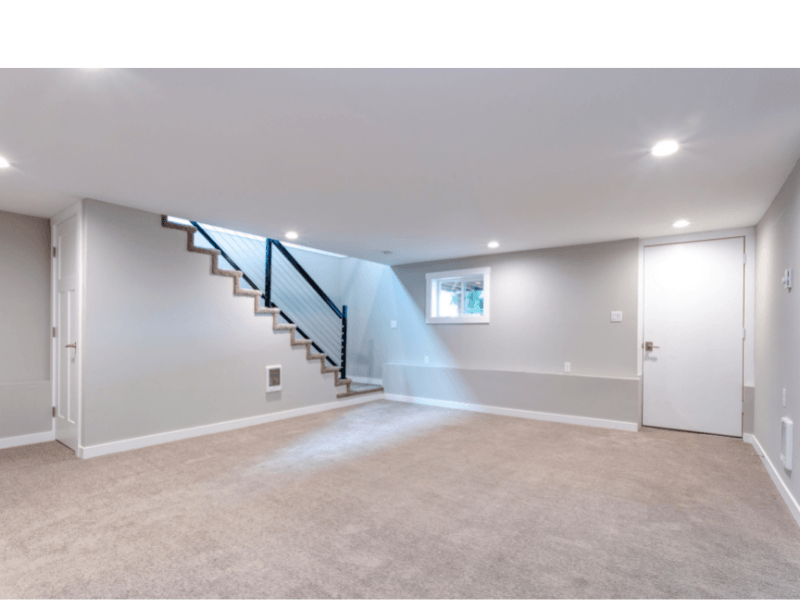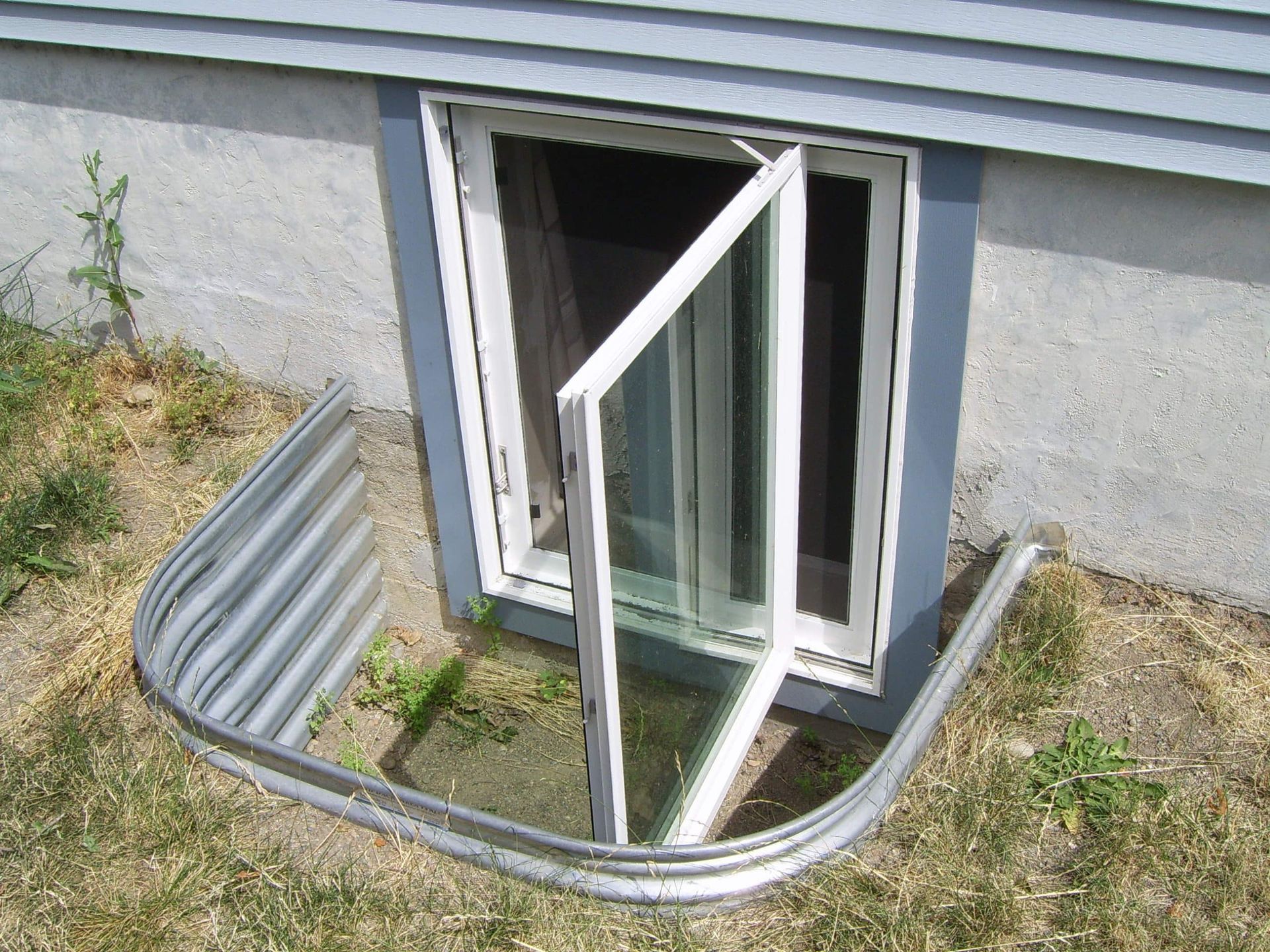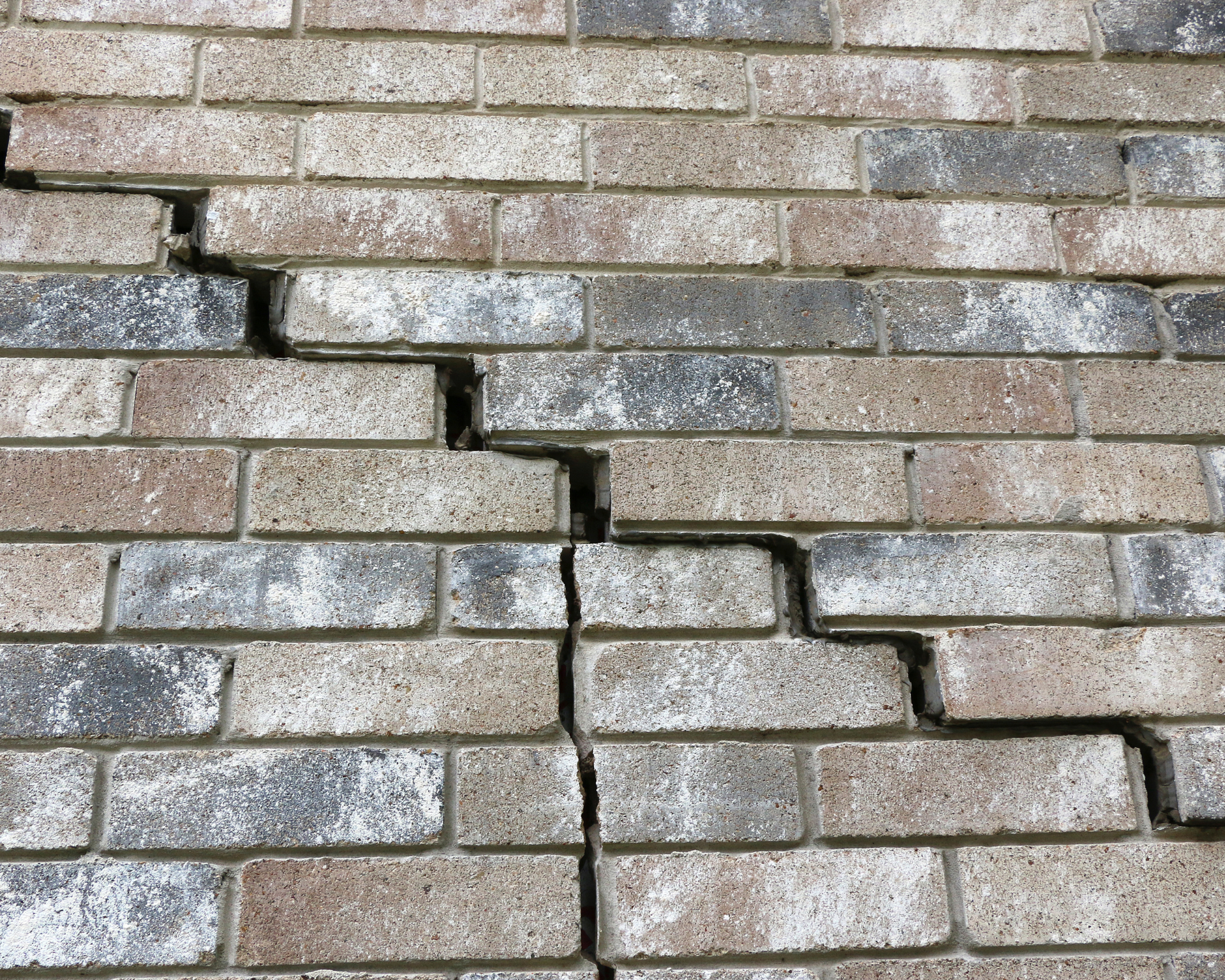What is The Proper Cement Mix For Foundations?
The Mix Varies
The proper cement mix for foundations depends on the type of foundation (e.g., slab, footing, pier, or wall) and the load it will bear — but generally, foundations require a strong, durable, and well-cured concrete mix with the right balance of cement, sand, aggregate, and water. For a foundation in Lincoln, Nebraska, you’ll want a concrete mix that accounts for local conditions (freeze-thaw cycles, soil movement, regional codes) and structural loading. Here are tailored recommendations:
Recommended Mix
- Use a compressive strength of around 4,000 psi (≈28 MPa) at 28 days. Many sources indicate 3,500–4,000 psi is a good baseline for footings and slabs in climates with winter freezing. cor-tuf.com+2hugosconcrete.com+2
- Ensure air-entrainment (tiny air bubbles) to resist freeze-thaw damage. Many guidelines for colder climates call this out. Evenson Concrete Systems
- Use a water-cement ratio of about 0.45–0.50 or less if possible (lower is better for durability) because that helps minimize permeability and damage from freezing/thawing. Wikipedia+1
- For a typical house foundation (footing + stem wall + slab), a mix ratio equivalent to something like 1 : 2 : 4 (cement : sand : coarse aggregate) will generally be fine when produced to achieve that 4,000 psi target and properly cured.
Additional Considerations for Lincoln, NE
- Here in Nebraska, we see freeze/thaw cycles and cold weather that can slow curing; your mix and curing practices must reflect that. For example, a study for the Nebraska Department of Transportation found curing conditions in cold weather significantly affect strength. dot.nebraska.gov
- Choose the right time of year: spring and fall are better for concrete pours because the ambient temperatures are moderate (50–70°F) and the ground is stable. Paramount Concrete Solutions
- Curing is critical: make sure the concrete is protected from rapid drying, freezing, or extreme heat for the first several days.
Sample Mix Specification for The Lincoln, NE Area
- Target strength: 4,000 psi at 28 days
- Cement: appropriate Portland cement (as per local spec)
- Fine aggregate (clean sand)
- Coarse aggregate (crushed rock/gravel)
- Air-entraining admixture (to give ~4–6% air by volume)
- Water to cementitious materials ratio ~0.45
- Proper curing for at least first 7 days (ideally 14) with moisture retention.
Our Tips for Mixing
- We always use clean, fresh water (no salt or contaminants).
- We use washed sand and clean aggregates.
- We mix thoroughly to a uniform texture.
- We always lay the concrete quickly after mixing (within 30–45 minutes).
- We cure the concrete for at least 7 days (preferably 14–28) by keeping the concrete moist.
Optional Additives
For certain apllications and for improved performance:
- Plasticizers / Superplasticizers – increase workability without adding water.
- Waterproofing agents – for damp soil conditions.
- Fly ash or silica fume – for higher durability and lower permeability.
If you have any questions about the proper mix of concrete for foundations, we would be happy to answer them. Call us at 402-261-9636
Ready to work with Foundation Repair of Lincoln?
Let's connect! We’re here to help.
Send us a message and we’ll be in touch.
Or give us a call today at 402-261-9636
